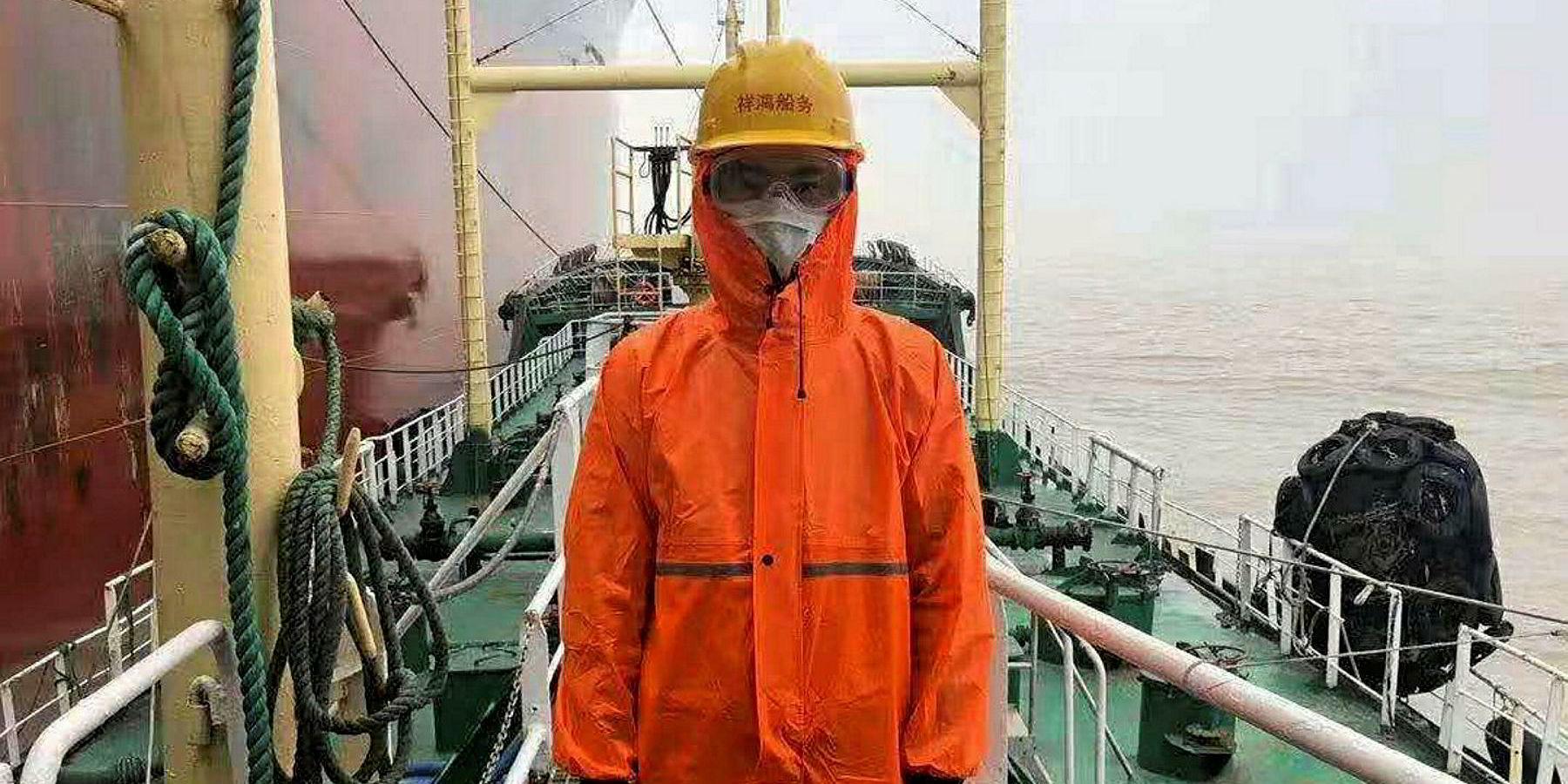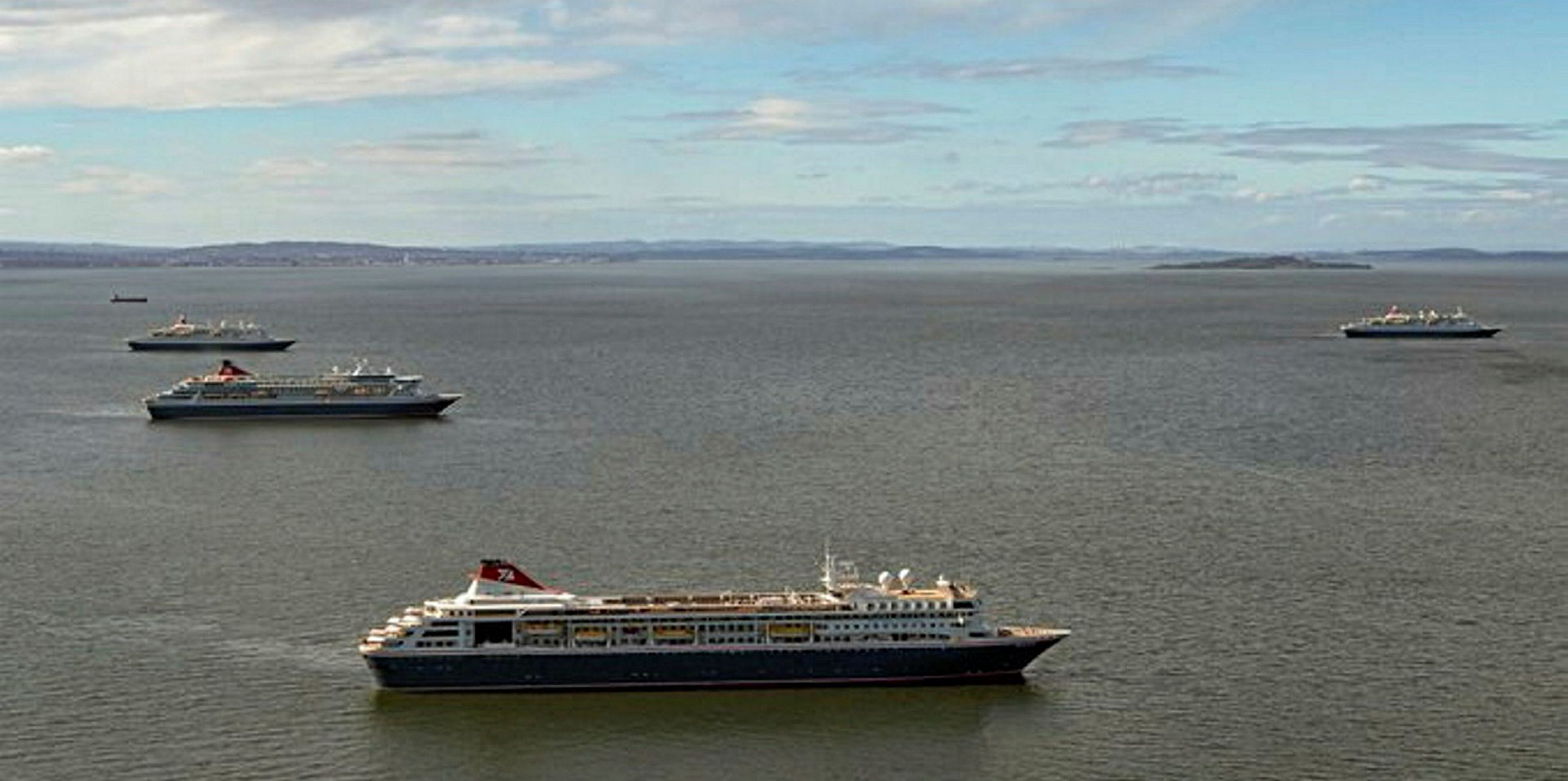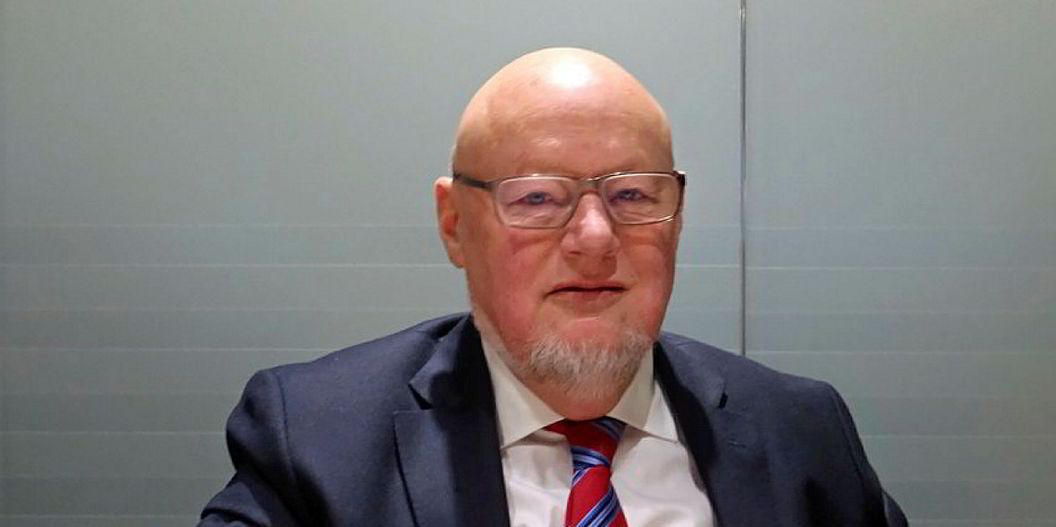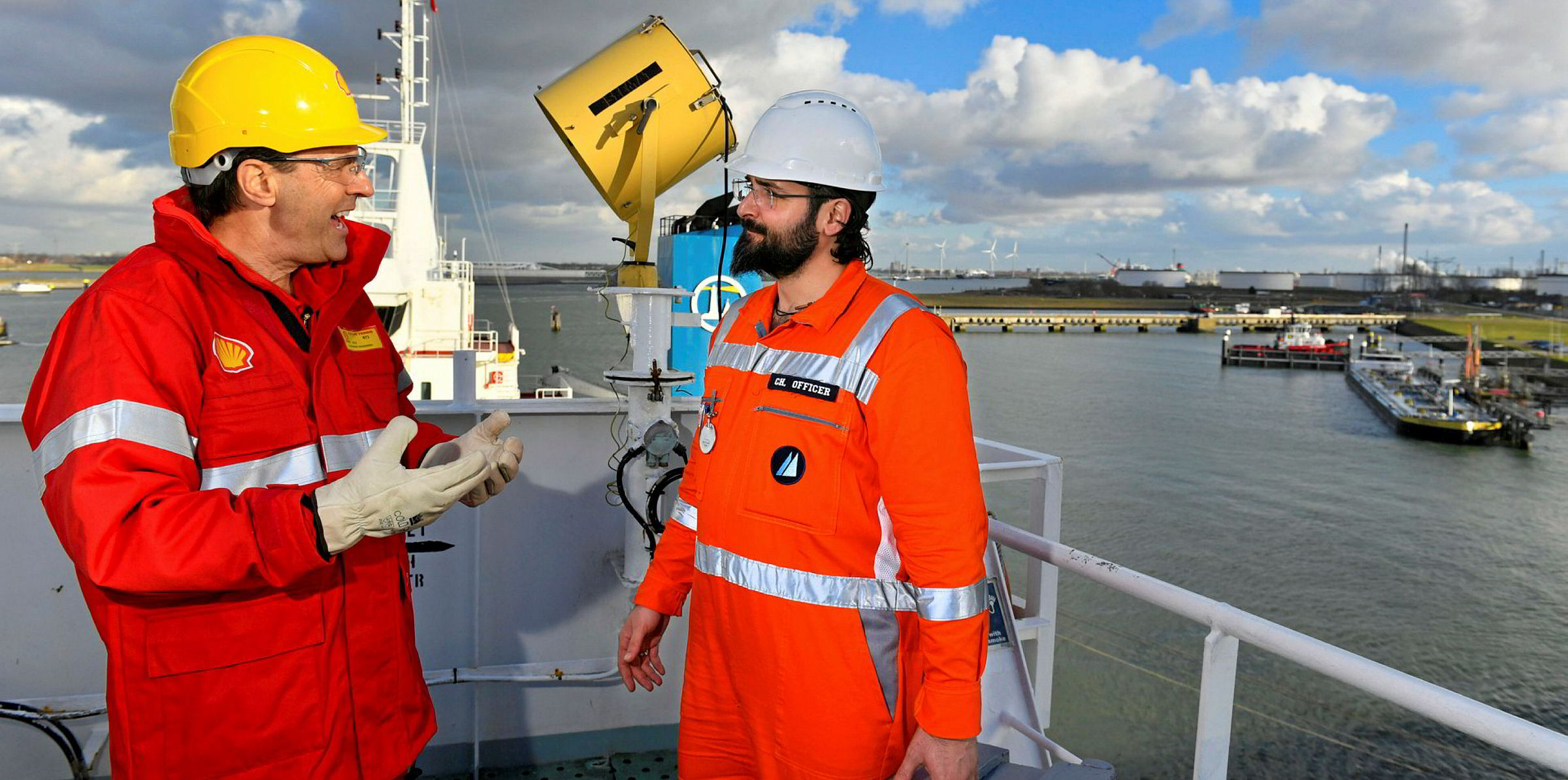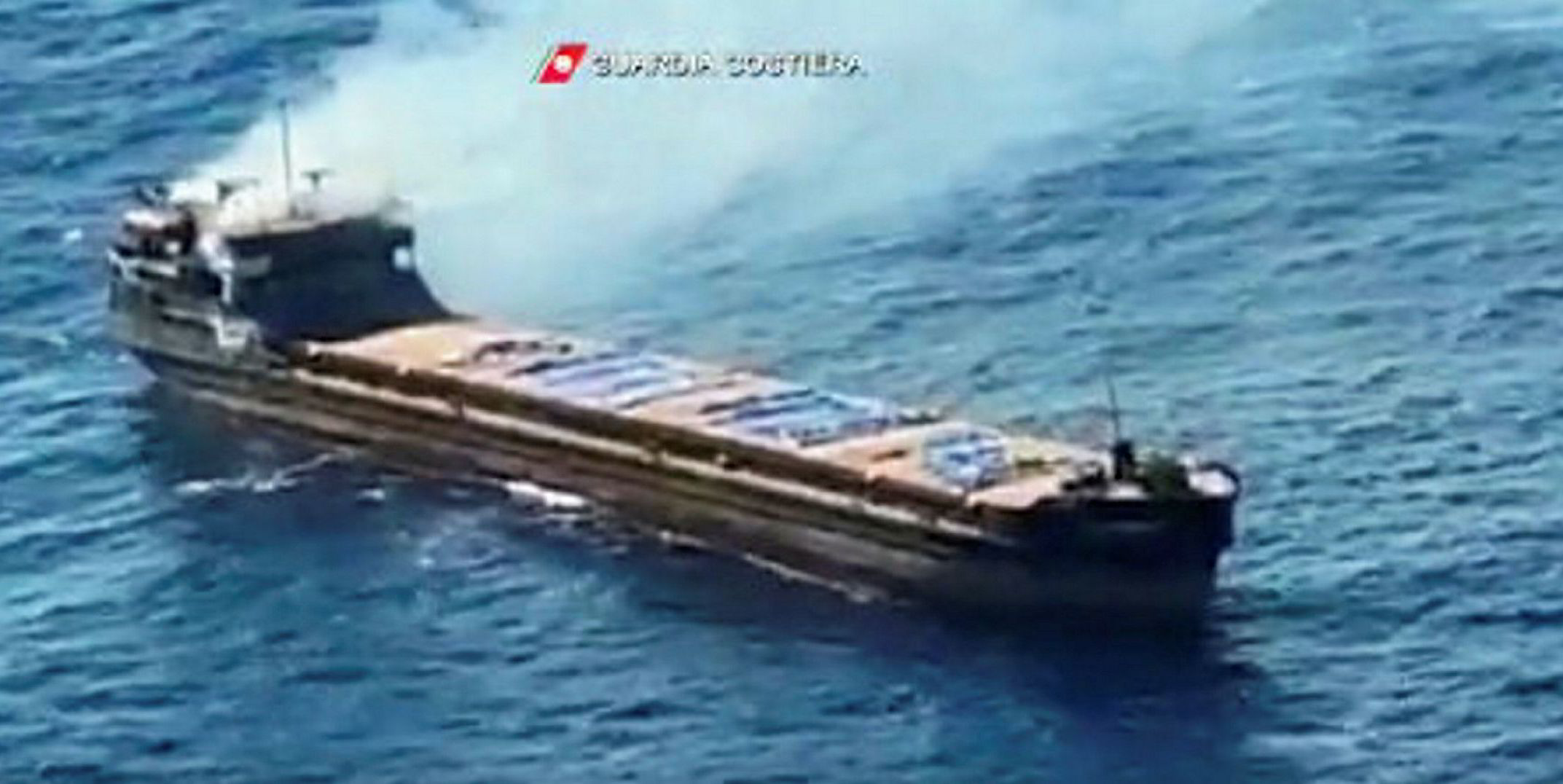Seafarer well-being and safety could be improved by adopting measures used in other industries, according to a report commissioned by Shell.
The report describes a range of interventions from other "safety critical" industries, such as aviation, mining and construction, that could be implemented in the maritime sector.
It described these as focusing on “psycho-social factors” and said they include peer support mechanisms and line-management training, along with development and simulation exercises.
“The journey from health and safety to healthy and safe”, a 55-page report produced by the Institute of Employment Studies (IES), is being made available on Wednesday by Shell.
The researchers looked at the factors influencing the psychological and physical health in seafaring and how these can influence adverse incidents. They also considered what existing data could be collected on health-related factors that affect safety and what interventions can be made to improve seafarers’ health and well-being.
The report, based on a literature review and 28 interviews, lists 37 contributors, more than half of whom are Shell employees.
Its authors — Zofia Bajorek, Dan Lucy and Stephen Bevan — identified five key areas that affect seafarers’ health.
These are fatigue; leadership; the nature of the work environment; and of a seafarer's role; plus what the researchers termed “socialisation”, which covers all social interaction and communication on board the vessel.
Herculean task

The researchers said that trying to explain how such a complex web of health-related factors leads to incidents at sea is a “herculean task” and one not seen in any other industry.
One of their main conclusions is that there should be an increased focus on health-related factors, and the collection of “high-quality” data to give a better understanding of their importance in a chain of unintended events on these factors would be of “huge benefit”.
Shell Shipping & Maritime head of global shipping and maritime Grahaeme Henderson said: “At a time when many seafarers will be under stress, we wanted to share that report with others to try and benefit as many as possible.
“We hope that individuals and companies from across the shipping industry might find it useful as they look for ways to support seafarers and keep them safe.”
Henderson said safety must remain a top priority even in the current challenging circumstances.
“Reducing the risk of human error and accidents at sea is critical, including maintaining the focus on promoting good mental and physical health. I hope that by working together, we can continue to get closer to the vision of a zero-incident industry,” he said.
Bajorek said the health and well-being of employees is of heightened consideration during the coronavirus crisis.
“Seafarers work in an environment where there are multiple risks to their health and well-being which can have an impact on the safety and performance of themselves and those they work alongside,” she said.
“Our work, with the support of Shell, has enabled us to develop an evidence-based model that lays the foundation for predicting where to intervene to enhance the health and lived experience of seafarers.”
